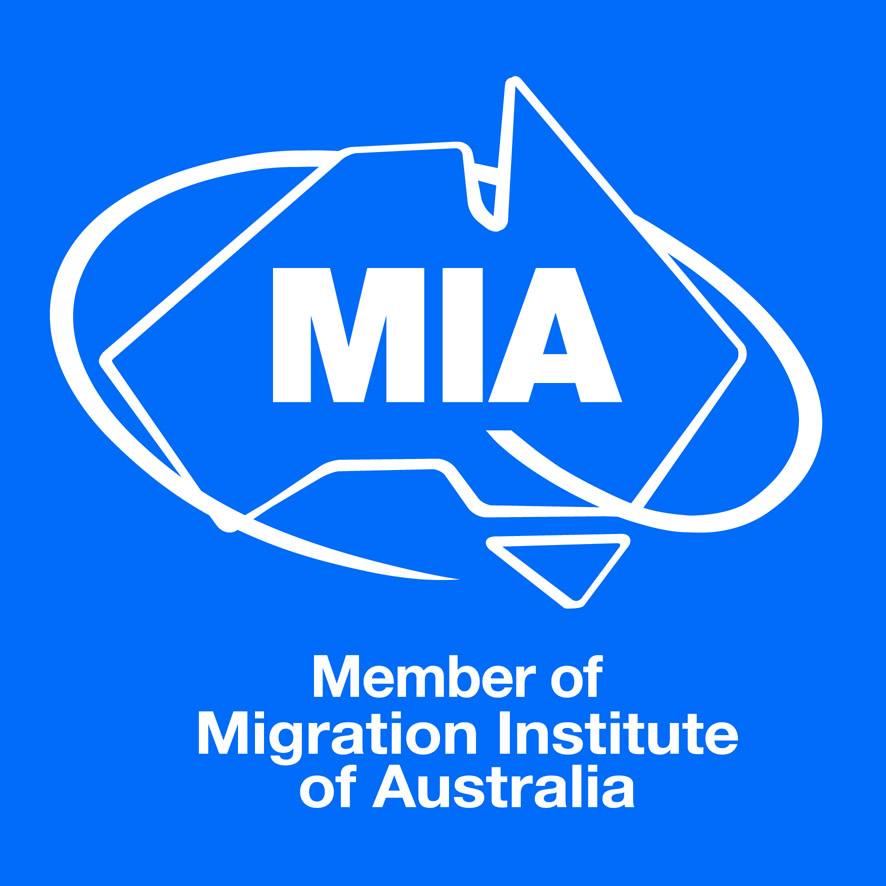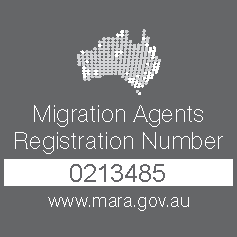Urine Tests For Australian Student Visa?
Up until 1st July 2023, anyone applying for a student visa was required to have a urine test as part of health testing to determine if visa applicants met visa health requirements before entering Australia.
A urine test was conducted to detect any undiagnosed chronic kidney disease or diabetes in visa applicants. Either of these two illnesses incur health costs that may not always be paid by the student or their health care fund.
As of 1st July 2023, urine tests no longer form part of the required medical examination, the urine test was replaced with a blood test is required instead.
Applicants over the age of 15 are required to undertake a blood test (not a urine test) while children between the age of 5 and 14 years are exempt from this requirement unless clinically indicated.
What Health Examinations Are Required When Applying for a Visa?
The health examinations required to be taken by temporary visa applicants are determined by their country’s risk level and their length of stay.
The following table outlines the required health examinations:
Country Risk Level ** | Stays of Less Than 6 Months | Stays Longer Than 6 Months |
Low risk | No health examinations are required unless special circumstances apply | No health examinations are required unless special circumstances apply |
High risk | No health examinations are required unless special circumstances apply | · Medical Examination* · Chest X-ray (if applicant is 11 years of age or older) · Serum Creatinine/eGFR (if applicant is 15 years of age or older) * * Currently not applicable for temporary visa applicants already in Australia unless special circumstances arise |
** For a list of countries and their risk levels visit https://immi.homeaffairs.gov.au/help-support/meeting-our-requirements/health/what-health-examinations-you-need
There may be circumstances that require applicants for any visa to undergo further medical testing.
Circumstances | Additional Tests Required |
The applicant is from a country with a higher risk of tuberculosis and likely to enter a healthcare or hospital environment | · Medical Examination · Chest X-ray (if applicant is 11 years or older) · Serum Creatinine/eGFR (if applicant is 15 years or older) |
The applicant is pregnant and intends to have the baby in Australia | · Hepatitis B Test |
The applicant is 15 years of age or older and intends to work, study or train as a doctor, dentist, nurse or paramedic | · Medical Examination · Chest X-ray · Serum Creatinine/eGFR (if applicant is 15 years or older) · HIV Test · Hepatitis B and C tests |
The applicant is 15 years of age or older and intends to work, study or train to be a health care worker or work within an aged care or disability care facility and is from a high-risk country | · Medical Examination · Chest X-ray · Latent TB Infection Screening Test · Serum Creatinine/eGFR |
The applicant is likely to work (or be a trainee) at an Australian childcare centre (including preschools and creches) | · Medical Examination · Chest X-ray · Serum Creatinine/eGFR (if applicant is 15 years or older) |
The applicant is aged 75 years or older and is applying for a visitor visa (subclass 600) | · Medical Examination · Serum Creatinine/eGFR |
When applying for a student visa or any other type of visa, the required health examinations will be outlined to ensure applicants meet all health requirements.
To learn more about any aspect of migration contact the team of experienced registered migration agents at Visa Solutions Australia.







